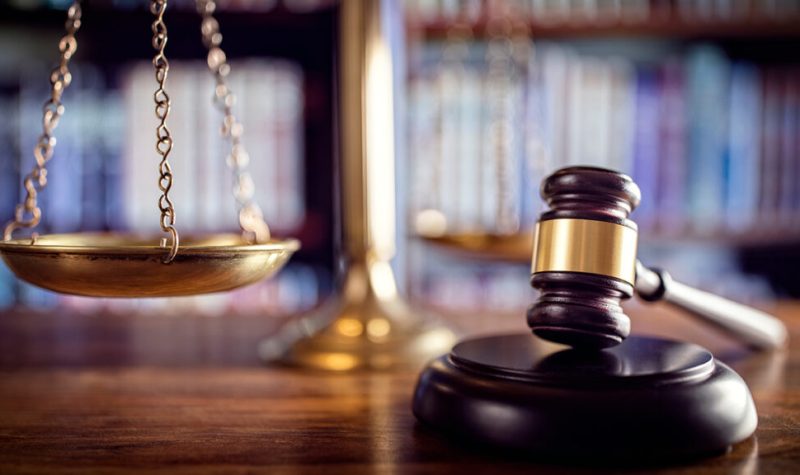By De Clarke
On January 12th and 13th 2021, the first hearing of BC Supreme Court case S15097, Anderson vs Strathcona Regional District, was held in Campbell River before Justice Geoffrey Gaul.
Counsel for the Respondent (SRD) was James Goulden assisted by Sarah McCalla. Counsel for the Petitioner (Anderson) was Paul Hildebrand assisted by Matt Voell. Both senior counsels are distinguished professionals.
The Judge apparently found the case of sufficient importance to hear it in person rather than by phone (as most cases are now heard, due to the pandemic). After two days of argument, the hearing was adjourned for continuation as soon as another court date is available.
Are elected officials allowed to consult lawyers regarding in camera matters?
Case S15097 is a petition for judicial review of certain decisions and actions taken by the Strathcona Regional District Board of Directors during 2019 and 2020. The fundamental question Justice Gaul is to decide is whether elected officials are entitled to independent legal counsel in matters touching on in camera business.
The right to independent legal counsel (which was not guaranteed to indigenous Canadians until 1977!) is considered “quasi-Constitutional,” which means that limiting it or setting it aside is a fairly serious matter. Whether in camera privilege as exercised by e.g. municipal bodies and regional districts can supersede such a quasi-Constitutional right is the question on which opposing arguments are being presented to Justice Gaul.
In the specific case of Anderson vs SRD, certain actions of SRD — a motion of censure passed against Anderson, and possibly a never-explained refusal to indemnify Anderson for legal expenses incurred in 2018-19 — appear to hinge on their contention that Anderson’s consultations with independent legal counsel constituted an illegitimate revelation of in camera information. Anderson’s counsel disagrees.
The hearing continues
Petitioner’s (Anderson’s) counsel have presented their initial argument in full, but Respondent’s (SRD’s) counsel did not complete their presentation by the end of Day 2. When the hearing reconvenes, Respondent’s argument will be completed and the Judge may then hear rebuttals, or further argument or explanation. Petitioner’s argument is a public document as of the adjournment on January 13th, but Respondent’s argument is not yet available. Cortes Currents will refrain from discussing Petitioner’s argument until both arguments can be covered in the same article.
Judgment in the case (which could potentially set a precedent affecting all BC local governments) will almost certainly not be pronounced until some time after the hearing is complete. We expect to publish a second installment of this story after the second session of the hearing, and a third installment after judgment is rendered. Stay tuned…
Note: Some Cortes Islanders mistakenly interpret this case as a continuation of litigation launched in January 2019 against Director Anderson by 13 residents of Cortes Island, i.e. think that she is still defending herself against those charges. That litigation, however, is resolved. The original petition was dismissed in court in June 2020, after Petitioner’s and Respondent’s counsels agreed that it was without merit. However, some actions taken by SRD in 2019 and 2020 (and presently being challenged by the current litigation) were consequences of the 2019 petition; so the two are historically connected.


